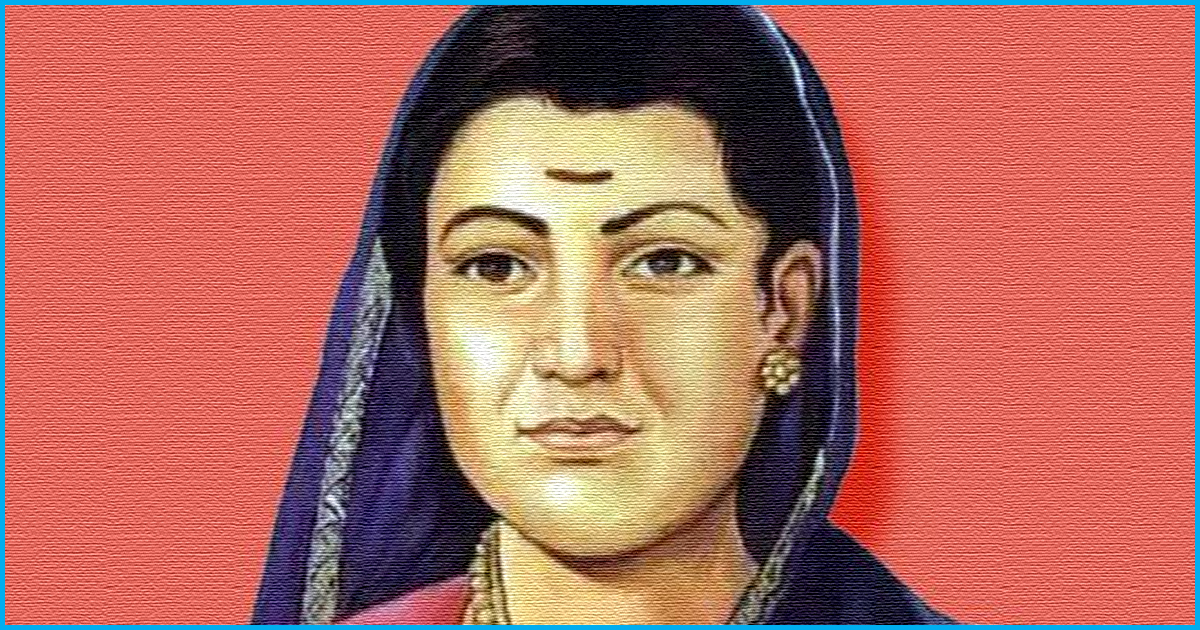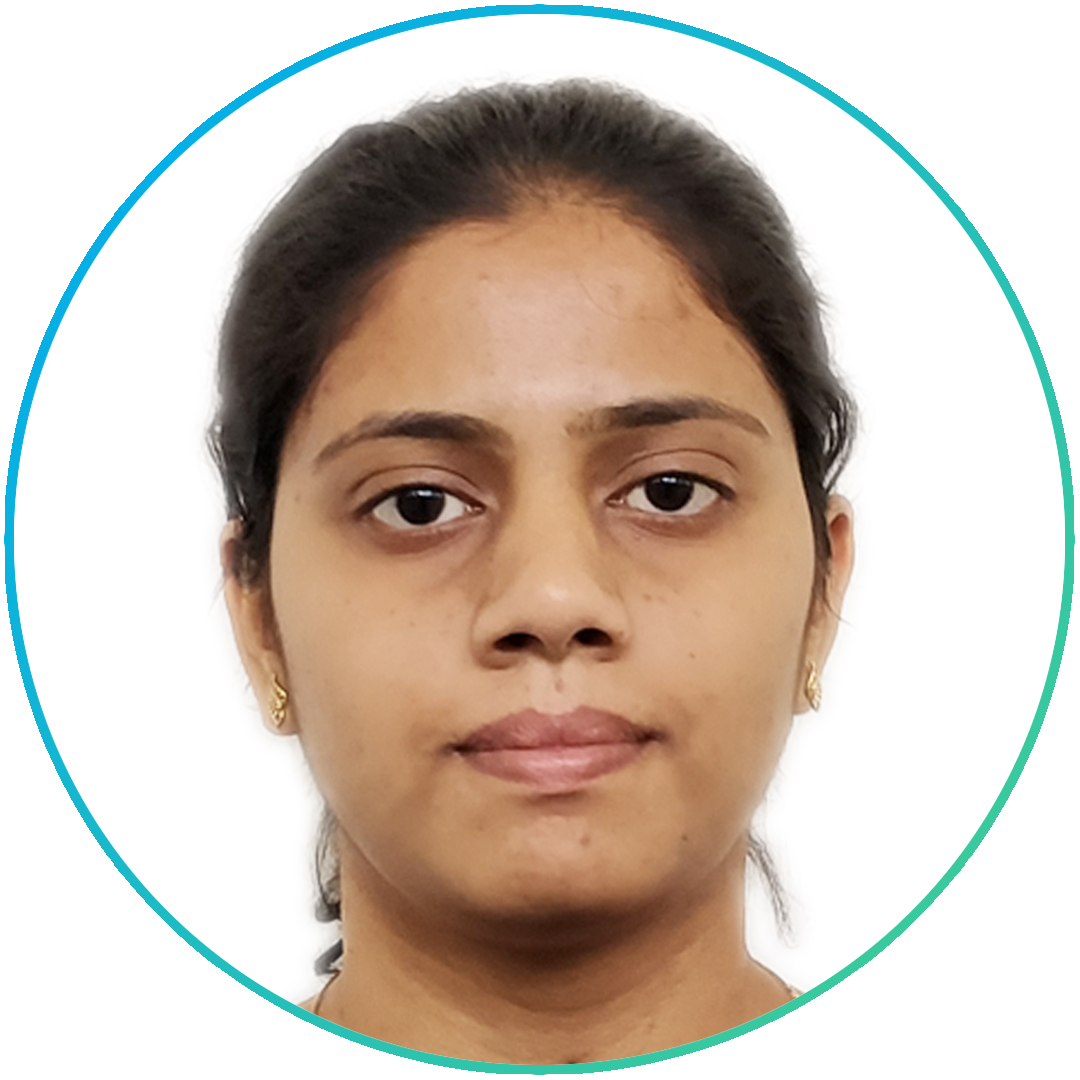
"If You Are An Educated Indian Woman, You Owe Her": Remembering Savitribai Phule
3 Jan 2019 10:30 AM GMT
Women have now become active participants in all walks of life. They are not only homemakers now but are also influencing the course of social change in the community. But this position did not come quickly. They had to fight to reclaim their rights. It was not very long ago that women faced sati, child marriage and other biased practices
One woman who can unarguably be credited with the feminist movement in India is Savitribai Phule. From being a child bride to becoming the first teacher of the country and a harbinger of social justice, Phule lived a life which inspired generations.
First Indian feminist Savitribai Phule
“Awake, arise and educate, smash traditions-liberate” – Savitribai Phule
Savitribai Phule was born into a family of farmers in Naigaon, Maharashtra. Since the practice of child marriage was prevalent in the 19th century, she was married off at the age of nine. Her husband who himself was a social activist taught her to read and write to the point that she could write poetry. After she was was literate, she participated in her husband’s in social reform movements, teaching young girls. She endured a lot of comments and abuses for her work and idea to educate young girls.
It was a period when mortality rate was high; many young girls became widows even before attaining puberty. The little girls were forced to shave their heads and wear a simple white sari and live a life of austerity and celibacy. Not only this, these women, being vulnerable, were often subjected to sexual exploitation. The condition of women worsened with time. These girls were abandoned by the men when they became pregnant. Some girls would commit suicide while few got an abortion due to fear of being ostracised from society. It would pain Savitri to see women leading a life like this. Moved by the plight of these women, Savitribai opened a widow care centre. “Balhatya Pratibandhak Giha” was started for pregnant rape victims to help them deliver children.
She gathered her courage and organised a strike against the barbers to persuade them to stop shaving heads of the young widows. Her husband was her support through this movement.
She and her husband also adopted a son who was born to a widow. Savitribai had challenged the questions of gender in isolation and also highlighted the issues of women. Savitribai and her adopted son Yashwant also opened a clinic to treat those who were suffering from the bubonic plague. She served the patients wholeheartedly. She also contracted the disease while caring for the patients. Even with the disease weakening her body, her spirit remained vibrant. She continued helping other patients.
First female teacher in the country
Phule very early on in life developed a fondness for teaching. She was trained in Ms Faraa’s Institution in Ahmednagar and in Ms Mitchell School in Pune to become the first female teacher in India.
She then, along with her husband started first women’s school at Bhide Wada in Pune in 1848 with just eight students from different castes. Considering that the societal setup was extremely regressive at that time, Phule initiative to educate women was met with a lot of opposition, with some even considering it to be a sin. Savitribai Phule would often carry extra saree while going to teach at her school, for a very peculiar reason. The reason was that mud, tomatoes, stones, cow dung and rotten eggs were often thrown at her on her way.
This did not deter her and by 1851, she was running three schools with about 150 students. She also offered stipends to prevent students from dropping out.
She died on 10 March 1897. Phule was one of the first contemporary Indian feminists.
The Logical Indian take
“If you are an Indian woman who reads, you owe her. If you are an educated Indian woman, you owe her. If you are an Indian schoolgirl reading this chapter in English, you owe her. If you are an educated international desi woman, you owe her,” a piece titled ‘Savitribai and India’s Conversation on Education’, published in the Oikos Worldviews Journal in 2008 said. This one line perfectly describes what Phule’s contribution meant to the society, fruits of which we are reaping till date.
Also Read: While We Argue About Feminism And Men’s Rights, Gender Violence Continues To Threaten Our Society
 All section
All section













